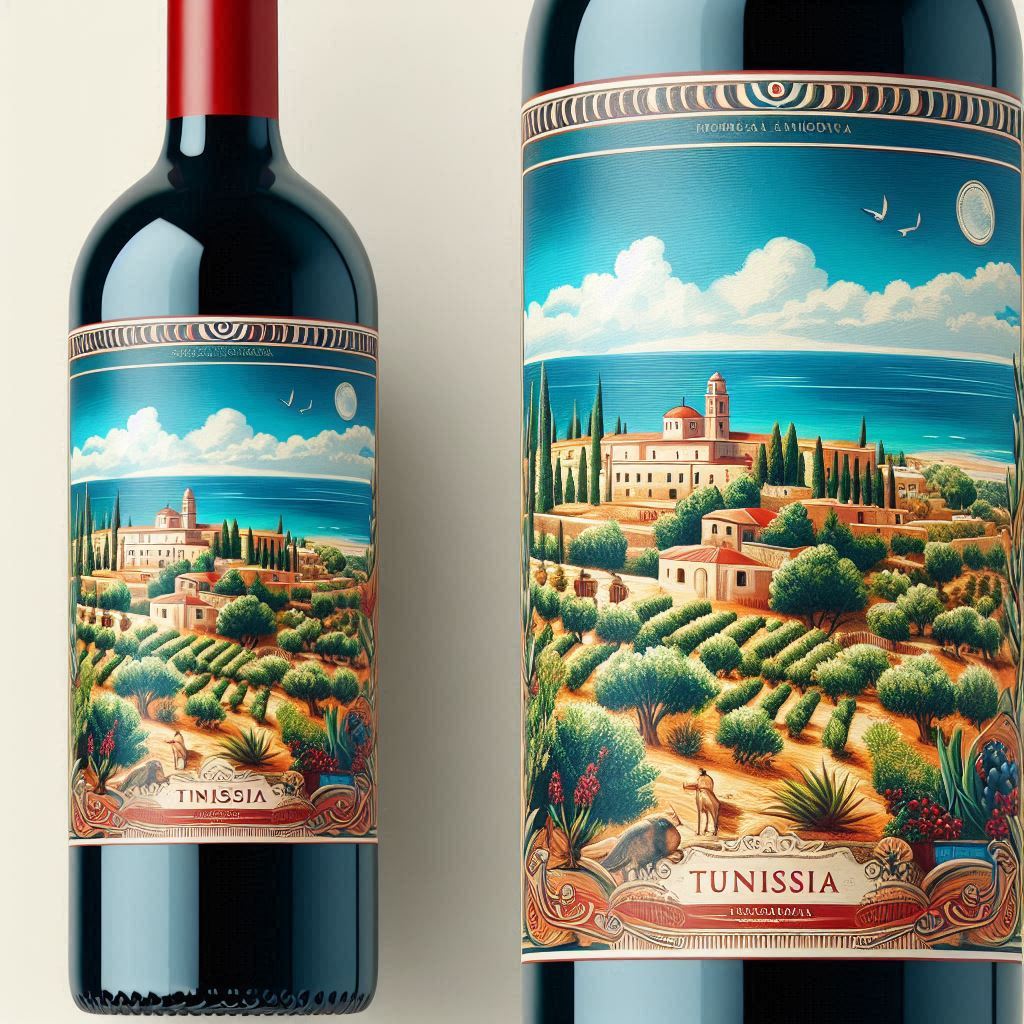Introduction to Tunisian Wine
Tunisian wine represents a hidden gem in the world of winemaking. With roots that go back over 2,000 years, Tunisia’s wine production offers a wide range of unique flavors and aromas. In this article, we will explore the fascinating history of Tunisian wine and guide you through a journey of must-try tastings.
The History of Wine in Tunisia
Ancient Origins
Viticulture in Tunisia has ancient origins, dating back to the Phoenicians who introduced the vine to North Africa. Later, the Romans expanded and perfected winemaking techniques, making Tunisia one of the main wine suppliers of the Roman Empire.
The Islamic Era and Renaissance
During the Islamic period, wine production declined due to religious restrictions on alcohol. However, the winemaking tradition did not completely disappear, and with the French colonial period, wine production in Tunisia was revived, bringing technological innovations and new grape varieties.
The Main Wine Regions
Cap Bon: The Heart of Winemaking
The Cap Bon region is the focal point of Tunisian wine production. Its Mediterranean climate, with mild winters and hot summers, creates ideal conditions for vine cultivation. Here you will find some of the country’s most renowned wineries, such as Château Mornag and Domaine Neferis.
Hammamet and Sousse: Quality Wines
In addition to Cap Bon, the regions of Hammamet and Sousse are emerging as important wine production centers. These areas benefit from fertile soils and a long agricultural tradition, reflected in the quality of their wines.
Varieties of Tunisian Wines
Red Wines
Tunisian red wines are often full-bodied and rich in flavors. The main varieties include Carignan, Cinsault, and Syrah. These wines are distinguished by their intense aromas of red fruit and spices, perfect for accompanying meat dishes and aged cheeses.
White Wines
Tunisian white wines, such as Muscat and Chardonnay, offer freshness and complexity. They are characterized by floral and fruity notes, ideal for enjoying with fish and seafood dishes.
Rosé Wines
Rosé wines, mainly made from Grenache and Syrah grapes, are perfect for hot Tunisian summer days. These wines are light and refreshing, with notes of berries and citrus.
Tasting Tunisian Wines
How to Taste Wine
Tasting Tunisian wine is an experience that involves all the senses. Start by observing the color of the wine, then smell to capture its aromas, and finally taste, letting the flavors develop in your mouth.
Food Pairings
Tunisian wines pair perfectly with local cuisine. Lamb dishes, couscous, and tajine wonderfully complement red wines, while white wines are ideal with fish and seafood dishes. Don’t forget Tunisian sweets like baklava, which find an ideal companion in sweet wines.
Conclusion
Tunisian wine is an oenological treasure worth discovering. With a rich and fascinating history, a variety of wine regions, and a range of unique flavors, Tunisian wine offers an unforgettable tasting experience. Explore Tunisian wineries, taste their wines, and embark on an unparalleled sensory journey.
For updated travel information, click here.
To read more of our articles, click here.





